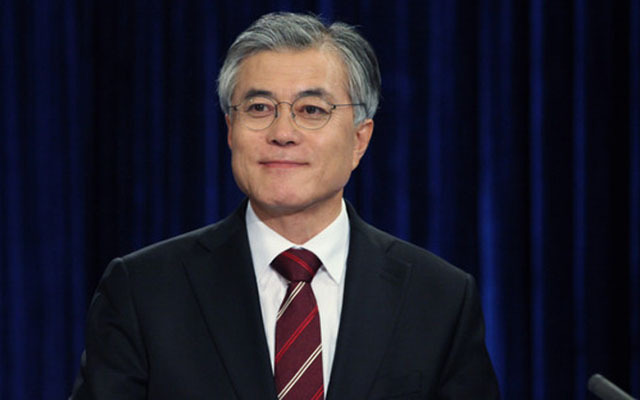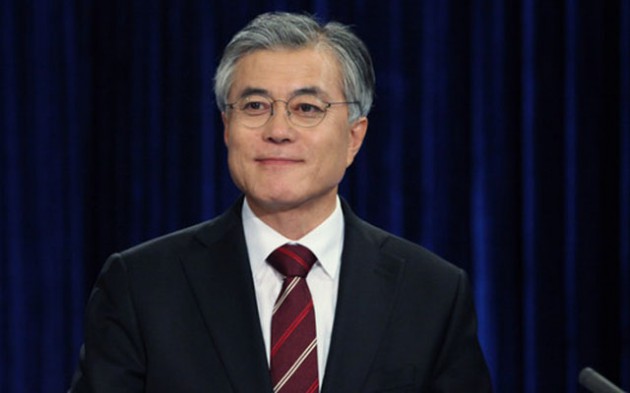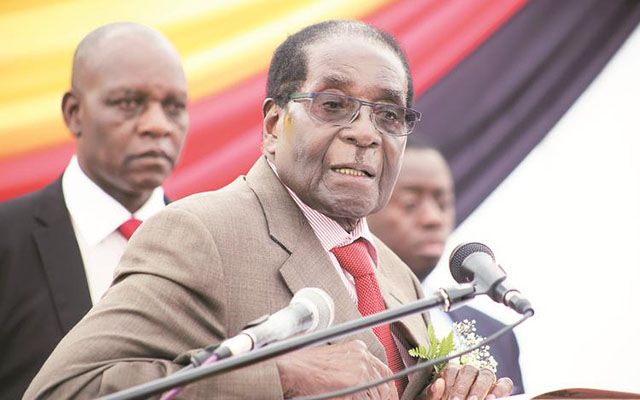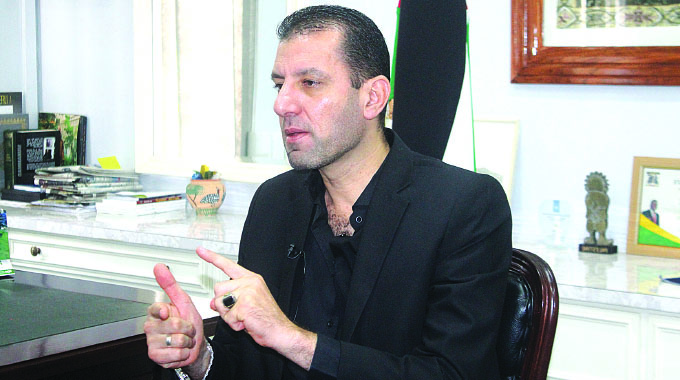North Korea tests hydrogen-bomb

PYONGYANG/XIAMEN. — The Democratic People’s Republic of Korea (DPRK) yesterday successfully detonated a hydrogen bomb capable of being carried by an intercontinental ballistic missile (ICBM), official media announced.
The DPRK Central Television said the test was carried out at the order of top leader Kim Jong Un, who chaired a meeting of the standing committee of the political bureau of the Workers’ Party of Korea on the Korean Peninsula situation and decided to conduct the H-bomb test.
The TV report showed still photos of the document signed by Kim ordering the test, which was the sixth nuclear test by the DPRK so far. The test, which came amid simmering tensions on the Korean Peninsula, runs counter to relevant UN Security Council resolutions and the goal of denuclearising the peninsula.
After the nuclear test, South Korean President Moon Jae-in ordered a pursuit of the “most powerful sanctions” on the DPRK with the international community, according to the Yonhap news agency.
US National Security Adviser H.R. McMaster spoke with his South Korean counterpart, Chung Eui-yong, for about 20 minutes in an emergency phone call about the nuclear test, to discuss the possibility of deploying US military defence devices in South Korea.
Chung said South Korea will also seek new UN Security Council sanctions to “completely isolate” the DPRK. Japanese Prime Minister Shinzo Abe slammed the DPRK’s sixth nuclear test yesterday, saying the country’s “nuclear and missile development poses a grave and immediate new level of threat” and “seriously undermines peace and security of the region,” according to Kyodo news.
“The UN Security Council has strongly criticised North Korea for repeatedly going ahead with ballistic missile launches this year. We find it completely intolerable that North Korea has conducted a nuclear test in such (an environment),” Abe said in the statement.
Chinese Foreign Ministry issued a statement yesterday, expressing firm opposition to and strong condemnation of the nuclear test by the DPRK. “The DPRK has ignored the international community’s widespread opposition and conducted a nuclear test again. The Chinese government expresses resolute objection to and strong condemnation of it,” the ministry’s statement said.
“We strongly urge the DPRK side to face the firm determination of the international community on the denuclearisation of the Korean Peninsula, fully abide by the relevant treaties of the UN Security Council, and stop making wrong doings, which will deteriorate the situation, and which serves no good to its own interests, and return to the track of solving problems through dialogue,” the statement said.
Meanwhile, Chinese President Xi Jinping and his Russian counterpart Vladimir Putin agreed yesterday to appropriately deal with the latest nuclear test conducted by the Democratic People’s Republic of Korea.
The two leaders agreed to stick to the goal of denuclearisation on the Korean Peninsula and keep close communication and coordination to deal with the new situation.
China has also started monitoring the radiation levels in its north-eastern border areas in an emergency response to a nuclear test conducted by the Democratic People’s Republic of Korea (DPRK).
The Ministry of Environmental Protection (MEP) initiated the emergency response yesterday morning, MEP said in a statement. “At present, the automatic radiation monitoring stations in the provinces of Heilongjiang, Jilin, Liaoning and Shandong are functioning properly,” the statement said.
By late afternoon, monitoring data from the four provinces showed that China’s environment had not been affected by the nuclear test, the ministry said in a separate statement.
All monitoring spots saw radiation at their normal levels, the ministry added.
The China Earthquake Administration reported that a magnitude 6.3 earthquake struck the DPRK with an epicentre depth of zero km, saying that it might have been caused by an explosion. — Xinhua.








Comments